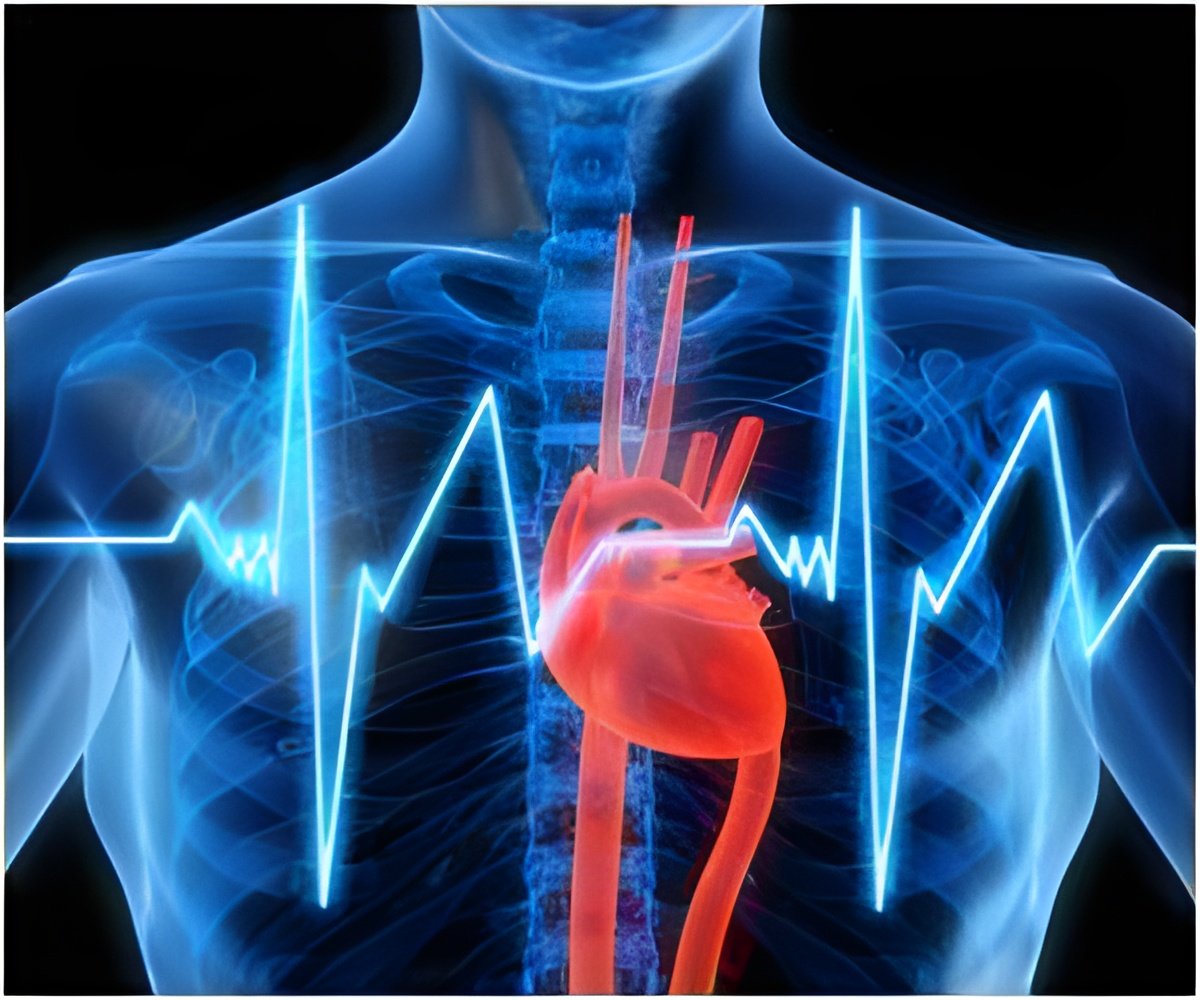The new tests analyzes the metabolic syndrome, which is marked by hypertension, excessive body fat around the waist and abdomen and abnormal cholesterol levels.

The sole risk factor that cannot be changed is genetic predisposition but most are lifestyle-related risk factors such as high cholesterol, high blood pressure, obesity, diabetes, lack of physical activity, smoking and unhealthy diet.
The new tests analyzes the metabolic syndrome, such as high blood pressure, excessive body fat around the waist and abdomen and abnormal cholesterol levels. The test also considers variables that are specific to gender and race.
Mark DeBoer and colleagues from UVA analyzed the metabolic severity scores of children and assessed their Body Mass Index (BMI), fasting triglycerides, systolic blood pressure, fasting glucose and HDL cholesterol.
The researchers followed up these children when they were about 49.6 years old on average. The study showed a high correlation between metabolic severity score and heart disease. A correlation with diabetes was also observed.
“We found that there was a high correlation between the metabolic severity score for those children and for their later development of cardiovascular disease and diabetes,” said DeBoer.
Advertisement
Physicians may potentially adapt the new test to evaluate the risks of teenagers for heart diseases, which could encourage lifestyle changes that can save lives.
Advertisement
Source-Medindia











